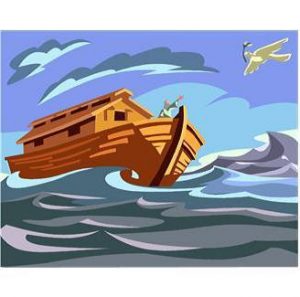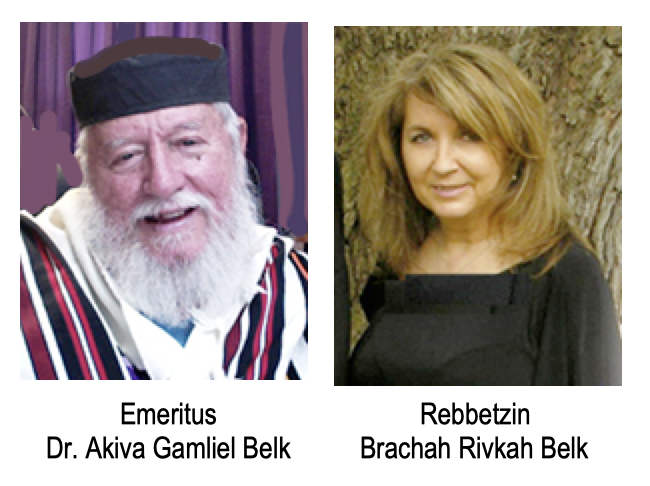Mussar Equanimity 9

Serenity and Tranquility
Equanimity
The L-rd is my shepherd; I shall not want. He causes me to lie down in green pastures; He leads me beside still waters. He restores my soul. Tehillim (Psalms) 23.1-3
Menuchat ha’nefesh, calmness of the soul
Has anyone experienced this place? What does it mean to say that the L-rd is my Shepherd? If you look at the Hebrew, the phrase I shall not want appears at the end of the Tehillim. How would that change our understanding about this Tehillim?
We are in unchartered territory for some, familiar territory for some, and for some of us not really a place where we want to go.
Before we begin meandering into this peaceful and beguiling garden one of the Mussar teachings from Rabbi Israel Salanter, the father of the Mussar movement states:
As long as one lives a life of calmness and tranquility in the service of G-d, it is clear that he is remote from true service.
The Jewish approach to life considers the man who has stopped going — he who has a feeling of completion, of peace, of a great light from above that has brought him to rest — to be someone who has lost his way. Only he whom the light continues to beckon, for whom the light is as distant as ever, only he can be considered to have received some sort of response. The Thirteen Petalled Rose Adin Steinsaltz page 132
He whose search has reached a certain level feels that he is in the palace of the King. He goes from room to room, from hall to hall, seeking Him out. However, the king’s palace is an endless series of worlds, and as a man proceeds in his search from room to room, he holds only the end of the string. It is, nevertheless, a continuous going, a going after G-d, a going to G-d, day after day, year after year. The Thirteen Petalled Rose Adin Steinsaltz page 133
What we most often feel we want and need is serenity and calmness in our lives. After all the Tehillim above says that we should be lying down in green pastures giving the impressions of calmness and serenity. Why is it then that when we begin to study a bit of Mussar it states just the opposite?
There is a book called Life is a Test
I have Created the Yetzer Hara, G-d Proclaimed, but fear not, I Created the Torah as an antidote to it.. (Talmud). You need only anchor yourself to Torah and you will not only pass every test, but you will grow and thrive. But more significantly, why does G-d have to test us?….. Undoubtedly, our Creator Knows us. He Knows every fiber of our being, He Knows our strengths as well as our weaknesses, but the problem is that we do not know our own selves, our own potential. We have no understanding of the energy that G-d Planted within our souls – therefore, G-d has to test us to bring forth those treasures that are buried deep within ourselves and make us unique. Rebbetzin Esther Jungreis Shaar Press page 21
Is it that we are unaware of being tested or are we simply too busy to notice. When we discussed Hannah and how she prayed for someone who was making fun of her we learn that she had come to this place of equanimity. She had calm in the midst of the storm.
Learning a Mussar text is a great way to help turn the mind and heart towards action to improve who we are. At the end of each day or at the same time each day, if by the end of the day we are too tired, we are to account for how our day unfolded. We should approach this path with commitment. We all need improvement in our lives so with G-d’s Help our journey begins. Seems like a great challenge to find even a few moments a day to get alone with the Alone, with HaShem G-d. We come to Him trying to quiet our hearts and minds and begin to learn to listen and reflect on the day that has just passed. Are we now at this moment more sensitive to the challenges He Brought into our lives that day? Did we choose to act or did we react?
No two of us have the same strengths and weaknesses. Mussar sets each of us on our individual path in an effort to find a balance, but we do not travel this path alone. We need each other’s help to hold up a mirror so that we can more clearly see our inner selves. We should find someone close to us to listen and help us see clearly. If there is no one close emailing or calling someone will work as well.
We mentioned last week a book called Cheshbon Ha Nefesh – which means – Accounting of the Soul.
Life is 10% of what happens to you and 90% how you react to it. This is what equanimity means. The idea behind this middah is that the waves of life will batter the shores of our lives – Remember the story of Noah? This is inevitable, and it’s a necessary part of our human experience. The question is, how do we react when the waves hit? Do we let ourselves get tossed about, or do we stand in the center of the storm with an inner calmness.

All human qualities exist on a spectrum. Some of us behave by facing problems, others by running away. One person sweats the small stuff; another is easygoing. The gamut runs from kindness to selfishness, greediness to generosity, alacrity to laziness, and so on. When too extreme, a character trait, or middah, tends to cause pain and creates problems. Rabbi Yisrael Salanter understood the many ways humans can stray from the Spirit of Torah, even while abiding by the letter of the law. Mussar exercises are designed to restore our character traits to the proper balance, enabling us to live more whole, peaceful lives.

Do we want or need to stir up our lives? Doubtful. Life comes with many challenges – we don’t need to seek them. We hope as we meander down this garden path to find how to be calm in the midst of the storm and to begin to understand and profit from these storms of life.
Dr. Akiva Gamliel is struggling with his weight right now – most of us women understand that all too well. He is a big man and likes to eat. He tries and tries but sees little success. How can one change the results they are seeing in their lives when similar issues arise? How do we acquire equanimity in these of situations? Would equanimity help? If it helps – how? His goals were set too high. He wanted the weight to come off – like now – that never happens. He has, because of our discussion on Shabbat or when we discuss the Reflections Lessons, has changed his approach to be more obtainable. Kind of downsized his expectations. Please keep him in your prayers.
When my Mother, may she rest in peace, started down that final path I had many disagreements with my siblings about her care. I wanted her to stay with me – they wanted to put her into a care facility. I lost that battle. I believe my Mother would have lived longer if they had gone my way. We will never know for sure. Since then my siblings and I have not spoken much. My challenge with equanimity is coming to a peaceful place and trying to reach out so that these relationships can be healed. I have done some of that so far with no positive results.
We all have some sort of issue in our lives. The question is do we even want to look at these? We will need to take small steps, we will need encouragement, and we will need each other.
The path is before us what is our first step?
Is equanimity and calmness the same or worlds apart?
Let’s take the time to see if we can find those few moments a day to get quiet, to listen and reflect on the day. Write down how we have grown or where we might have done better. Were there moments when we became aware that we have a choice to act or did we simply react to events that day. This is the first small step to equanimity. This is the first middot we will try to work on.

Blessings and Peace
Rebbetzin Revi Belk
